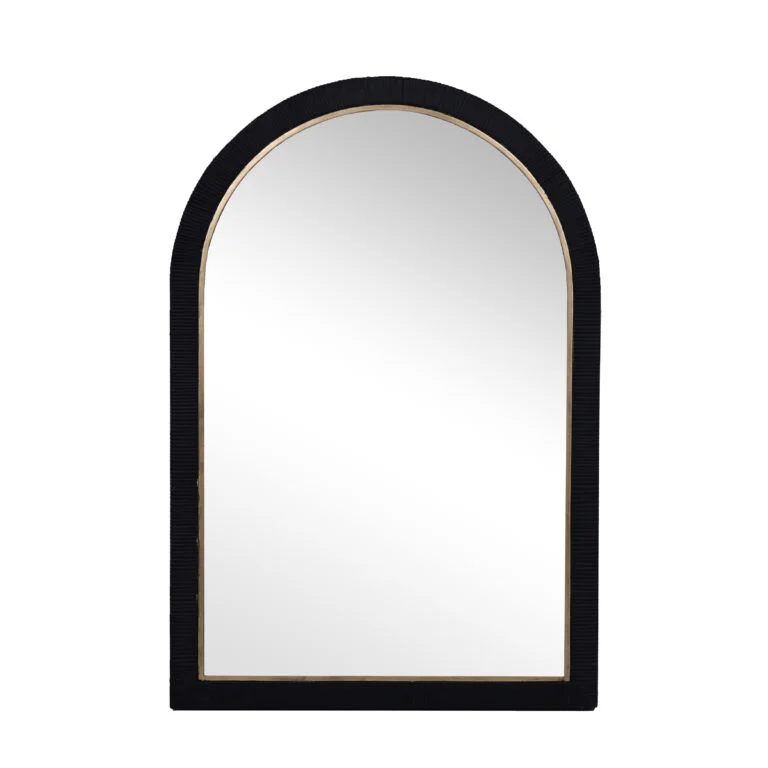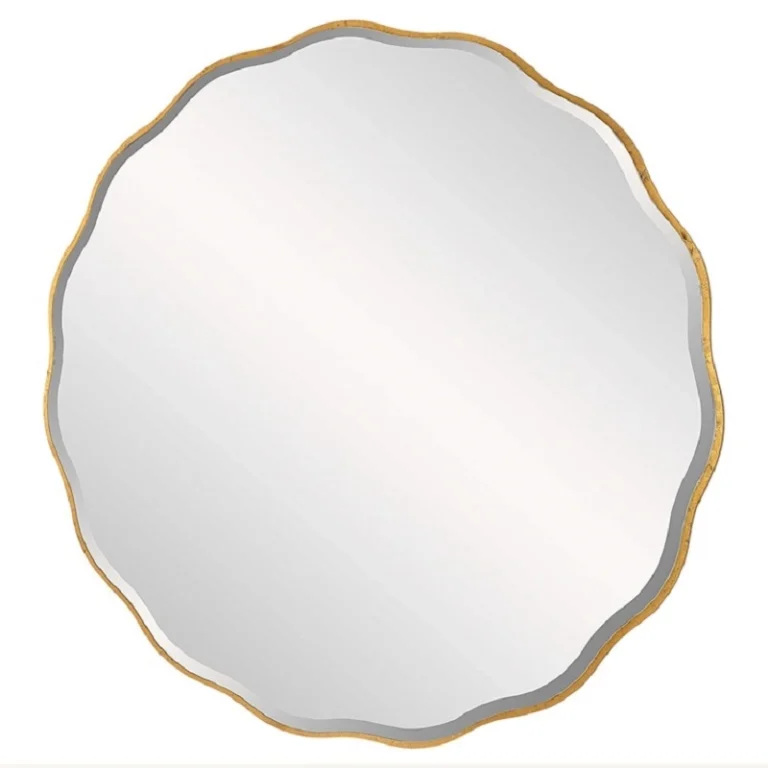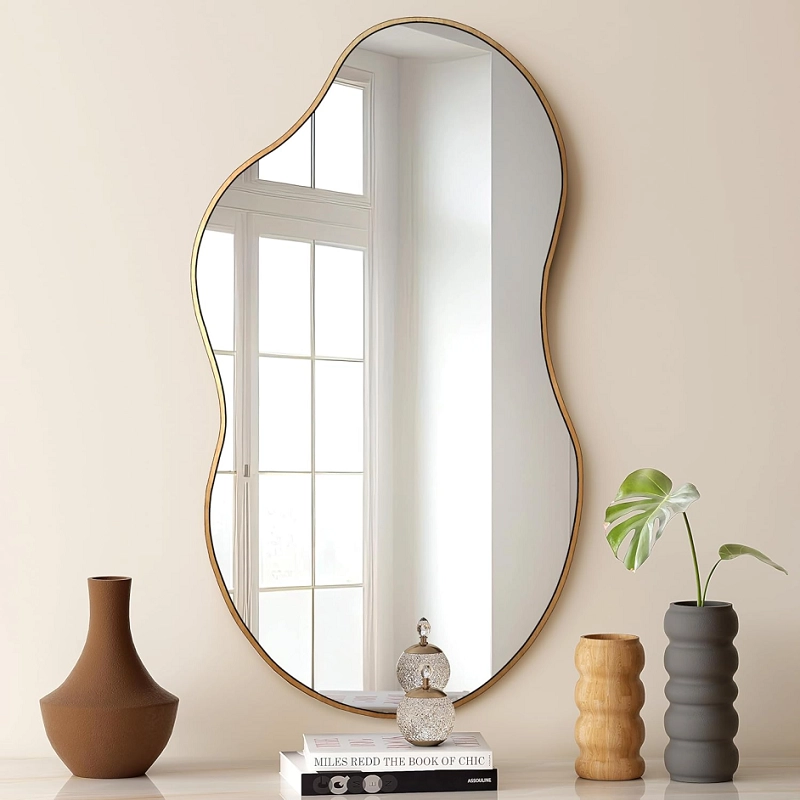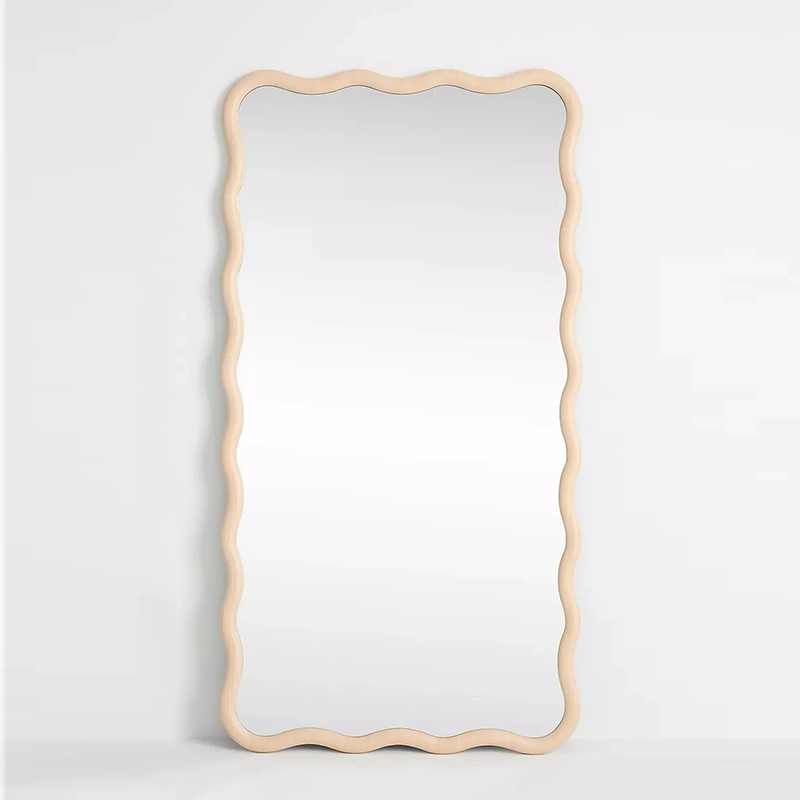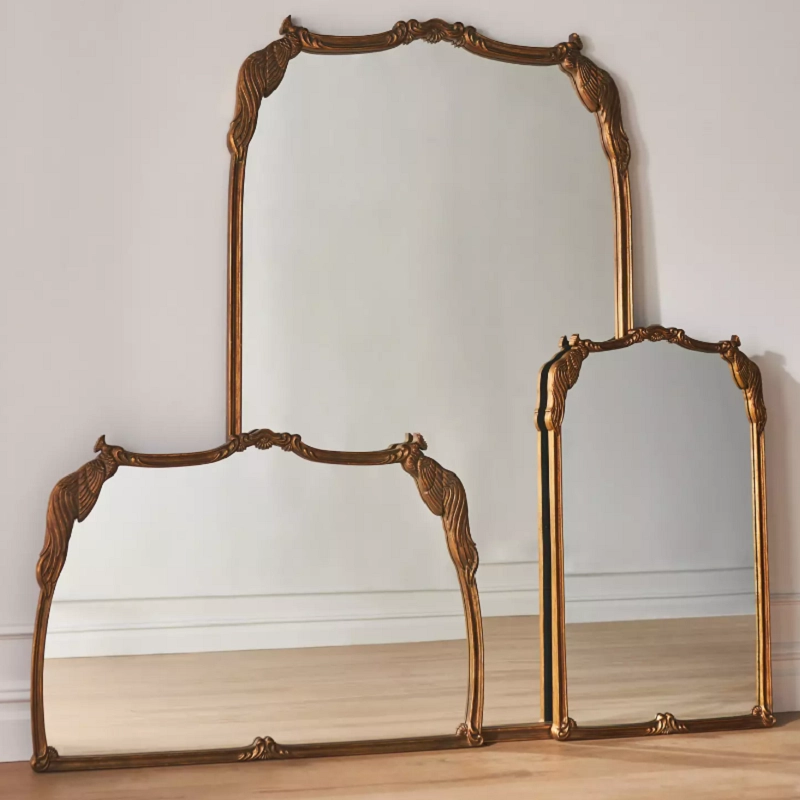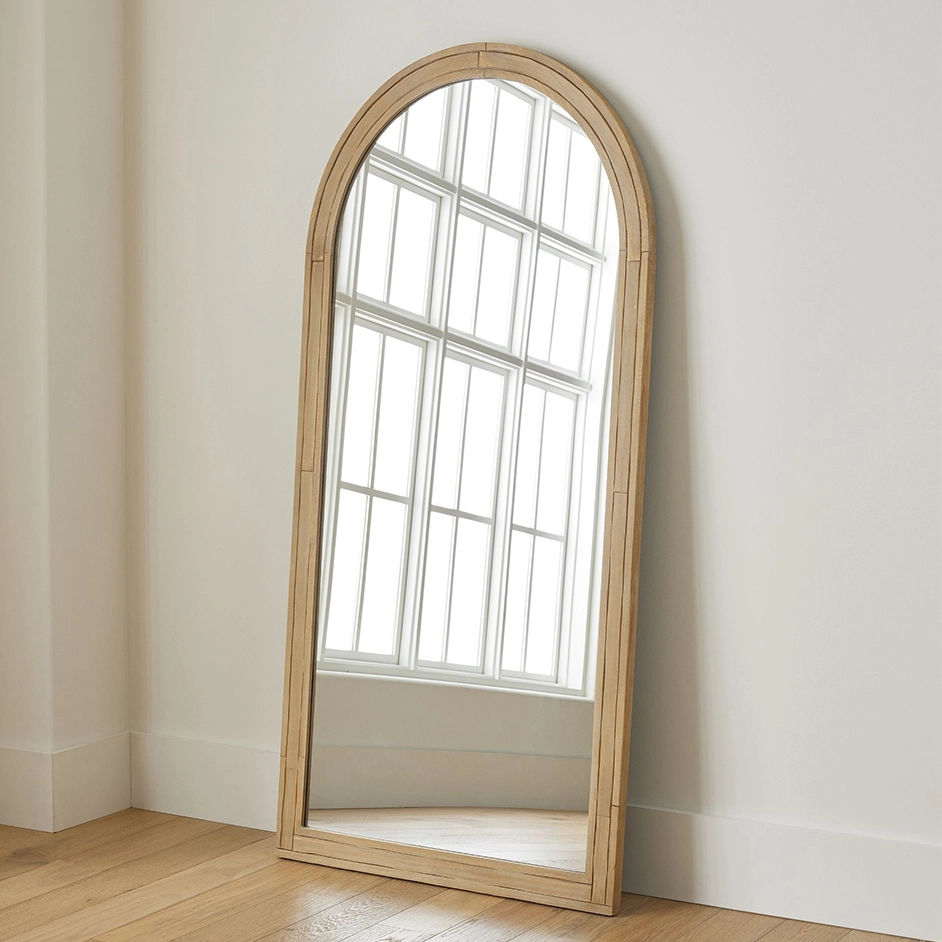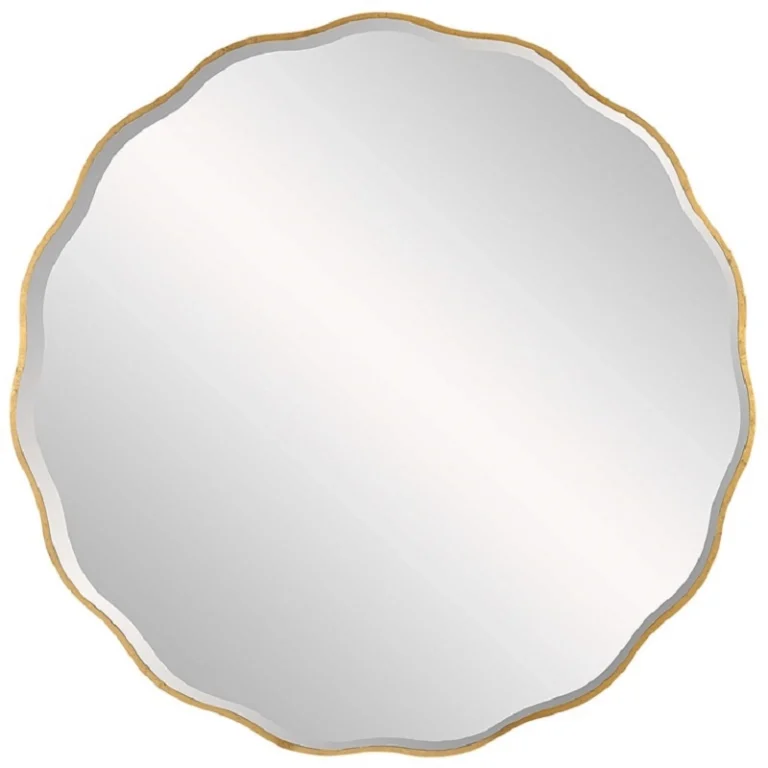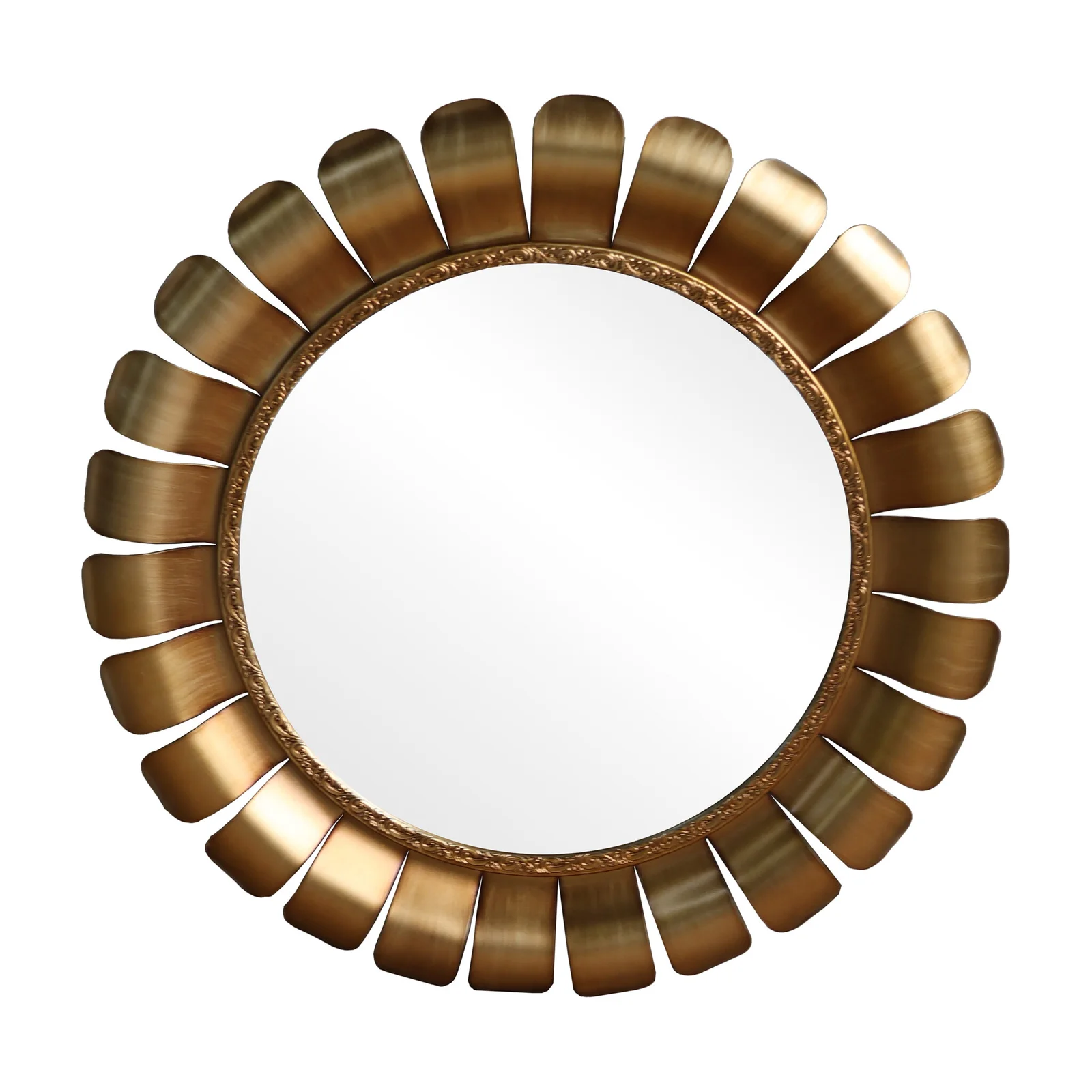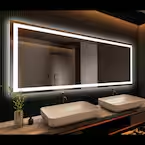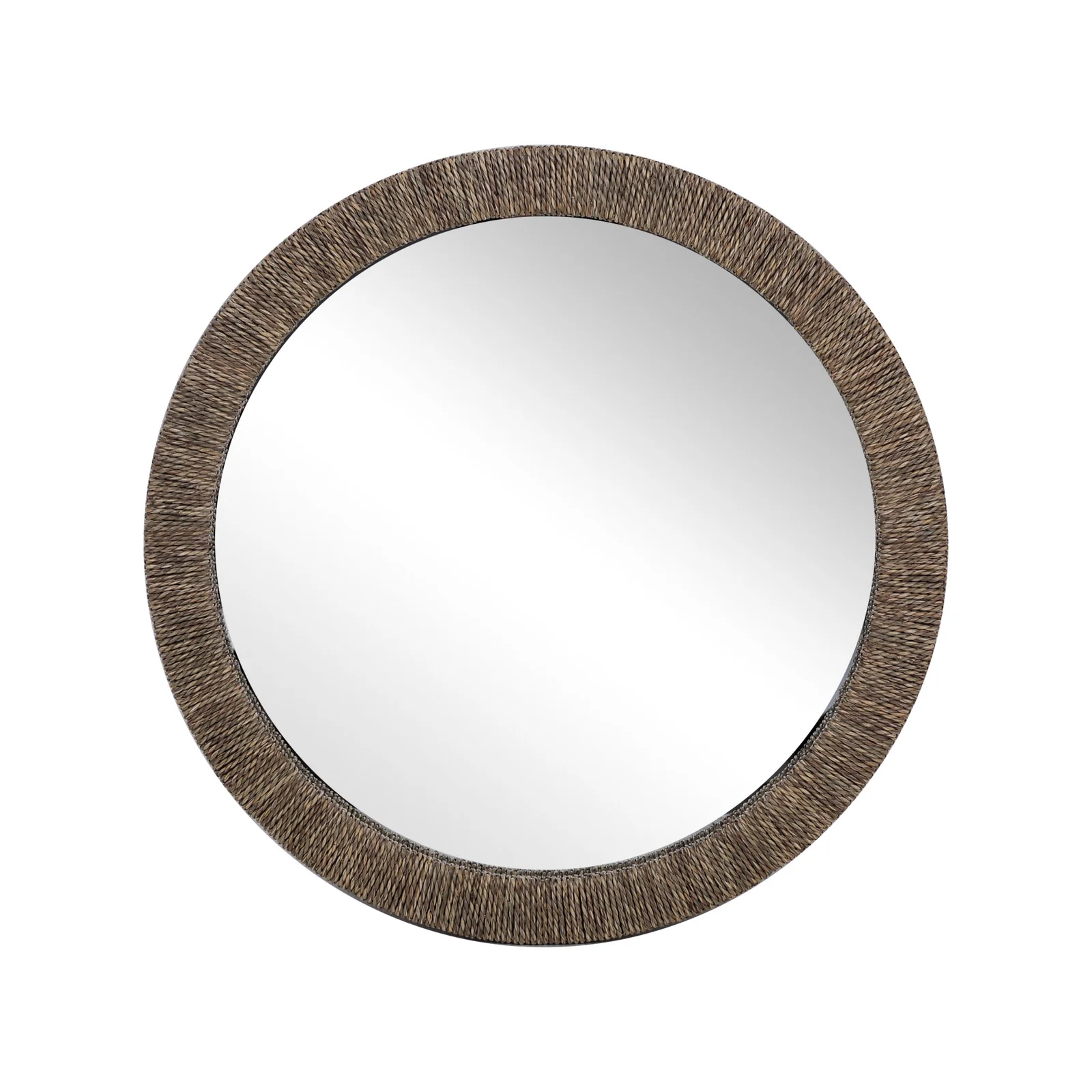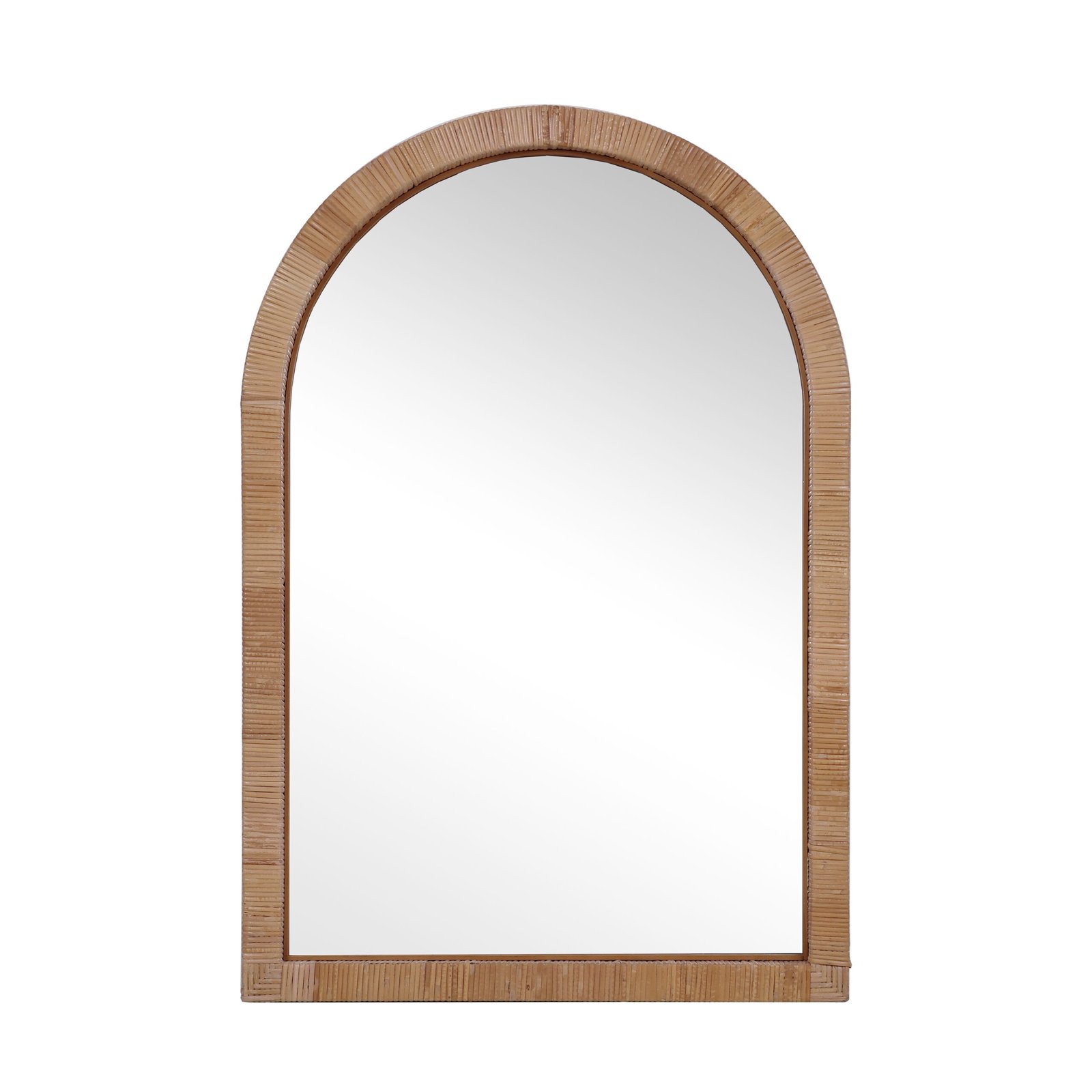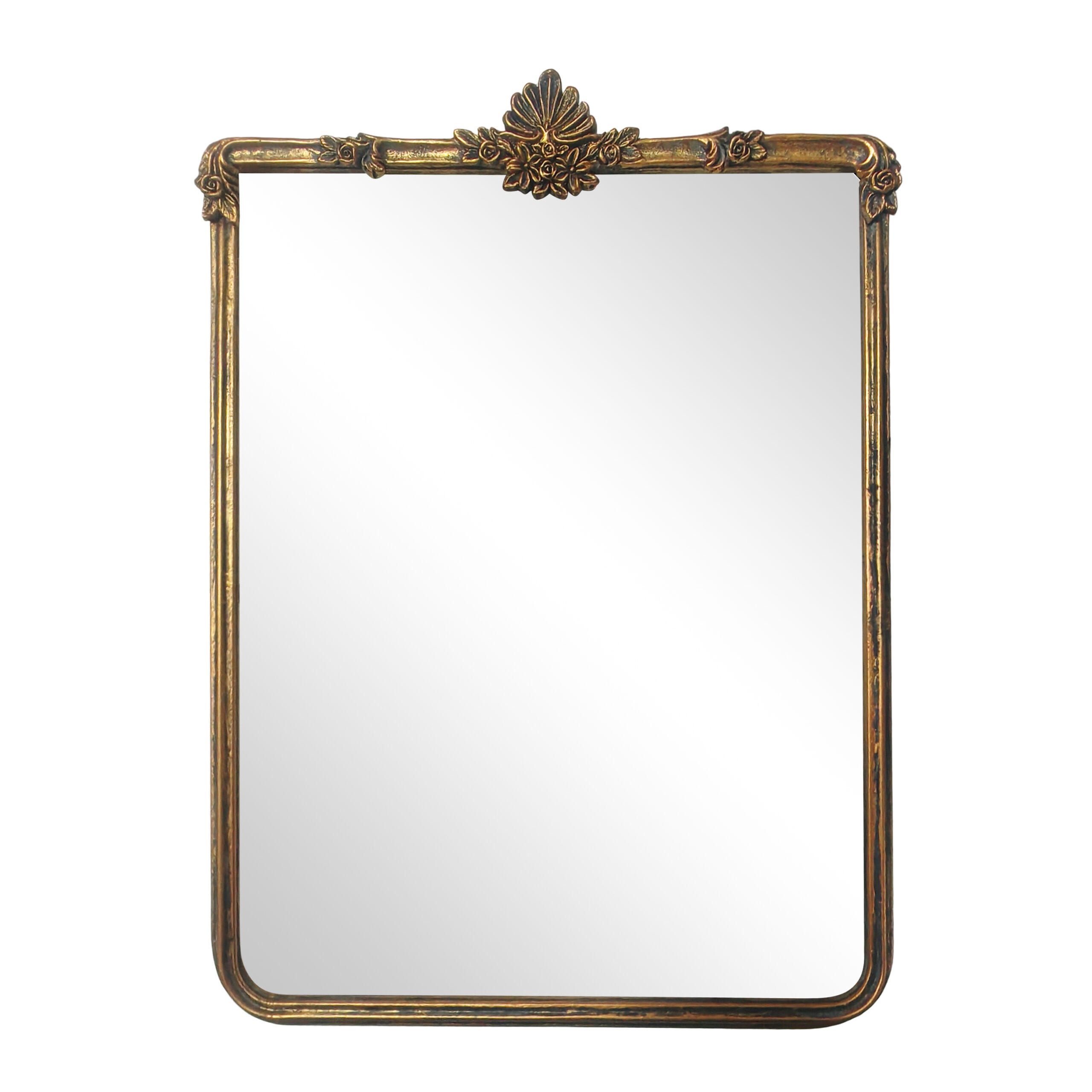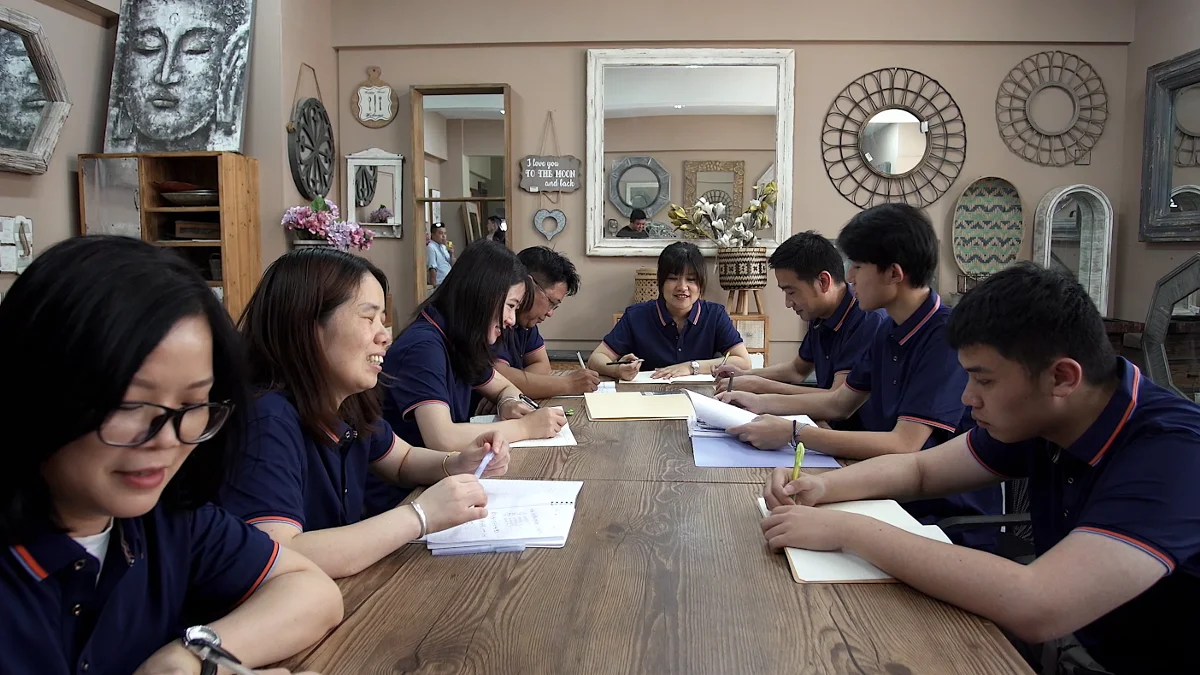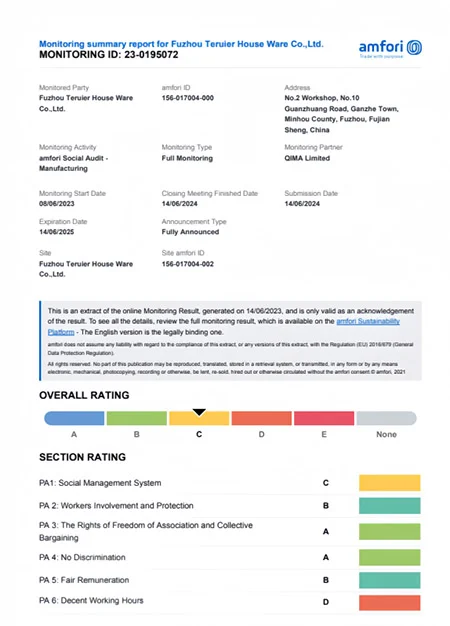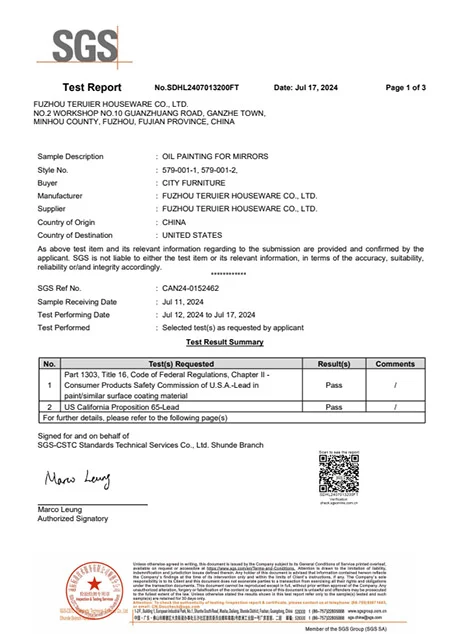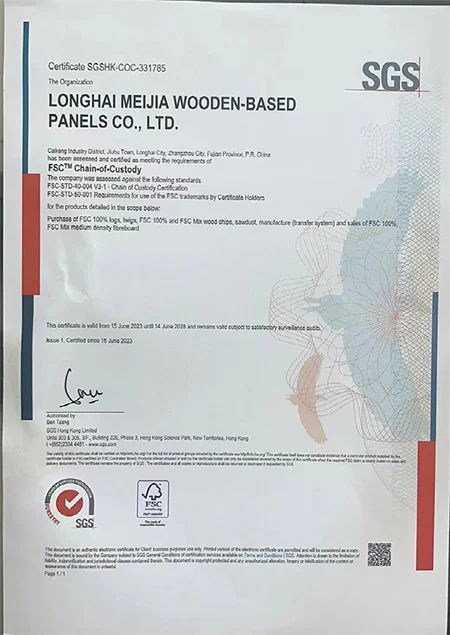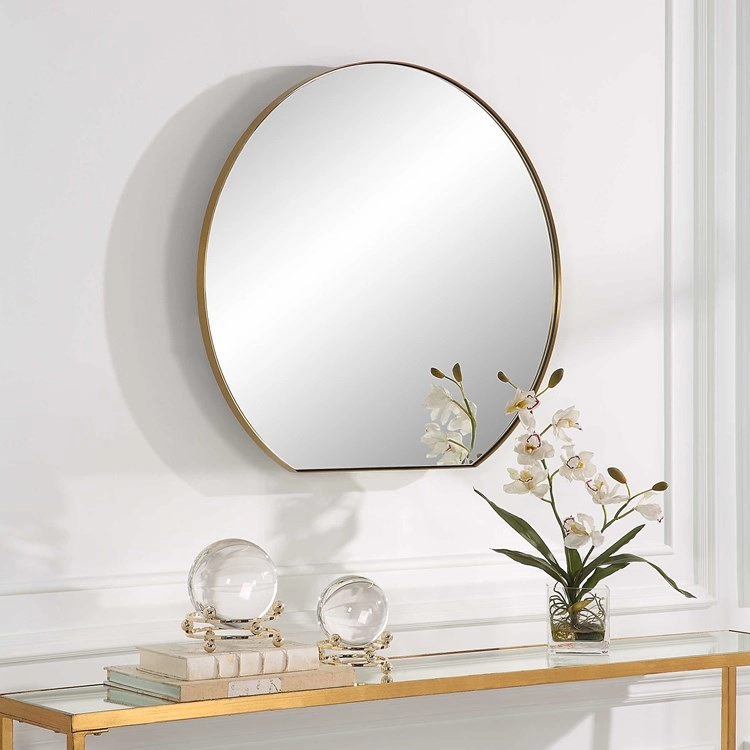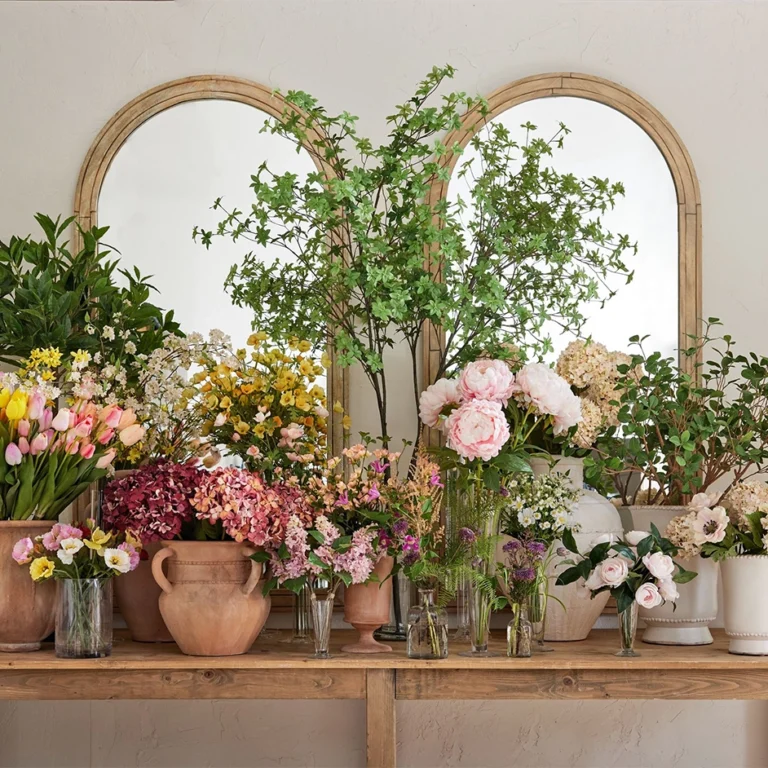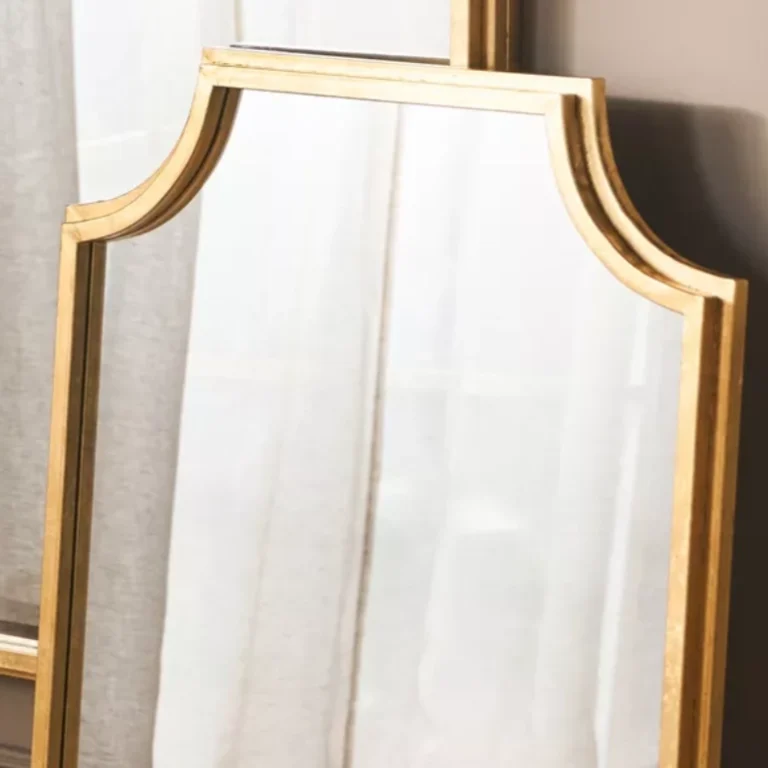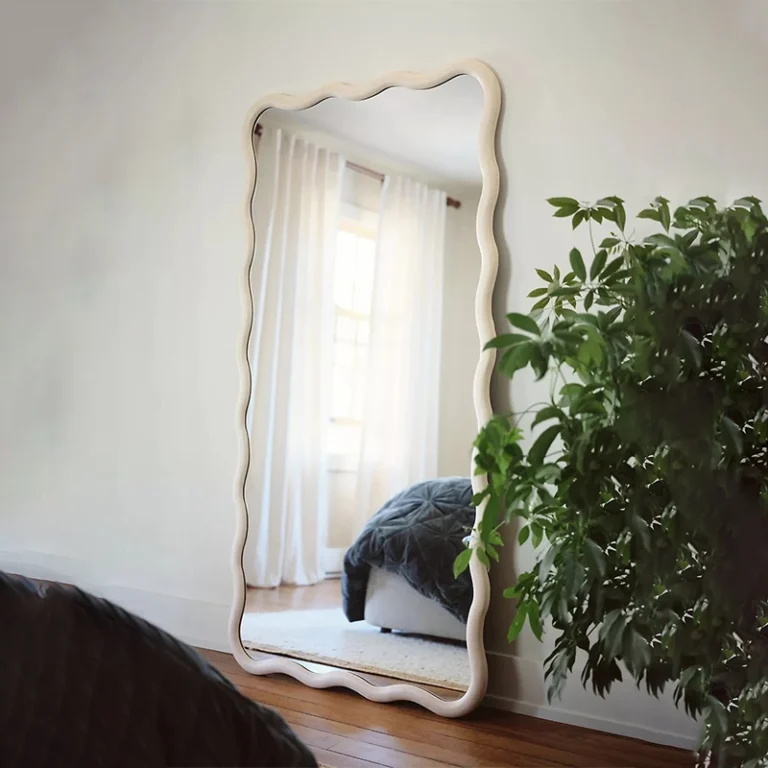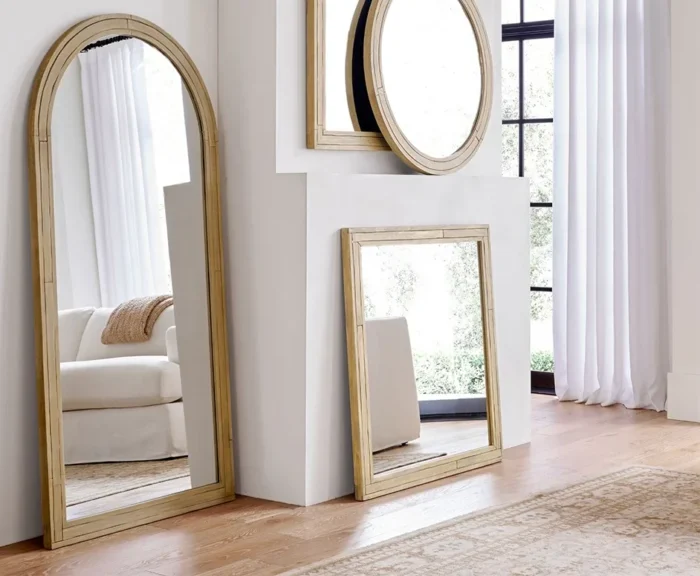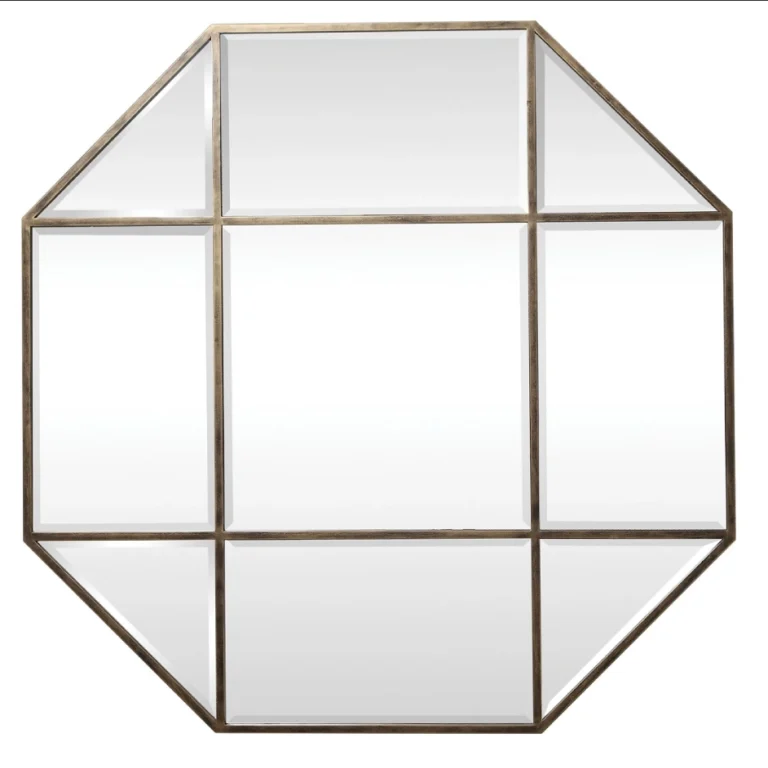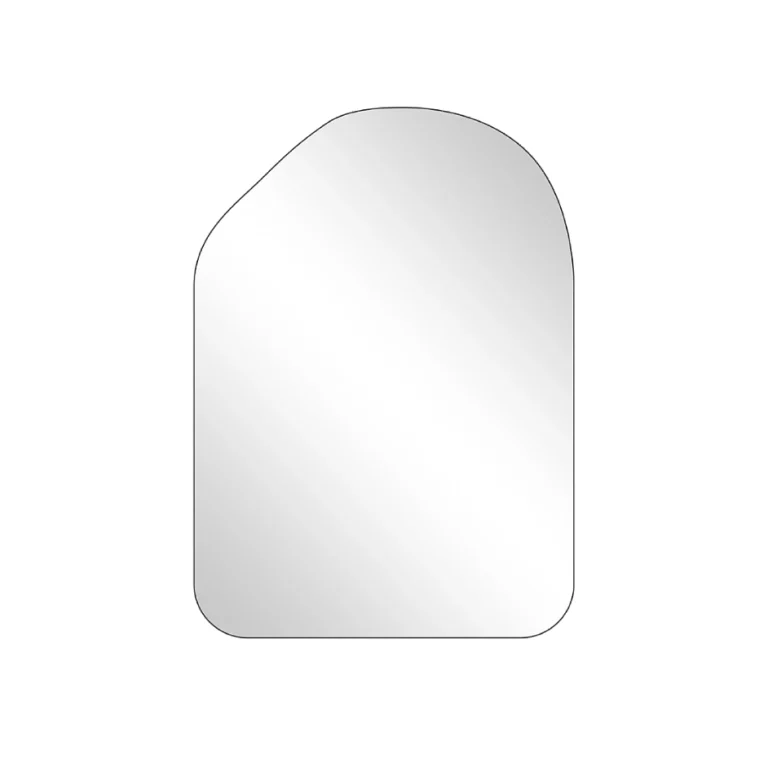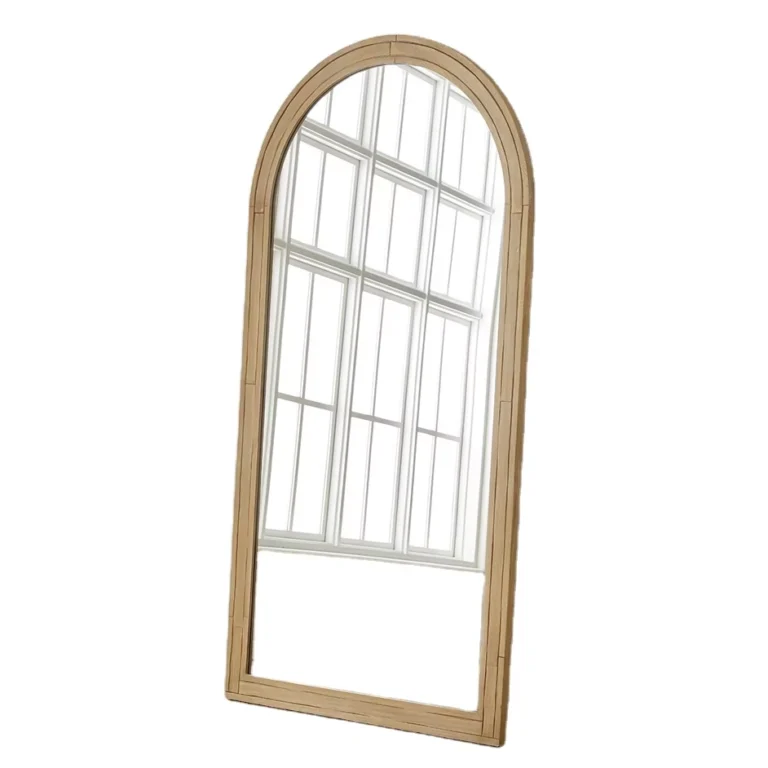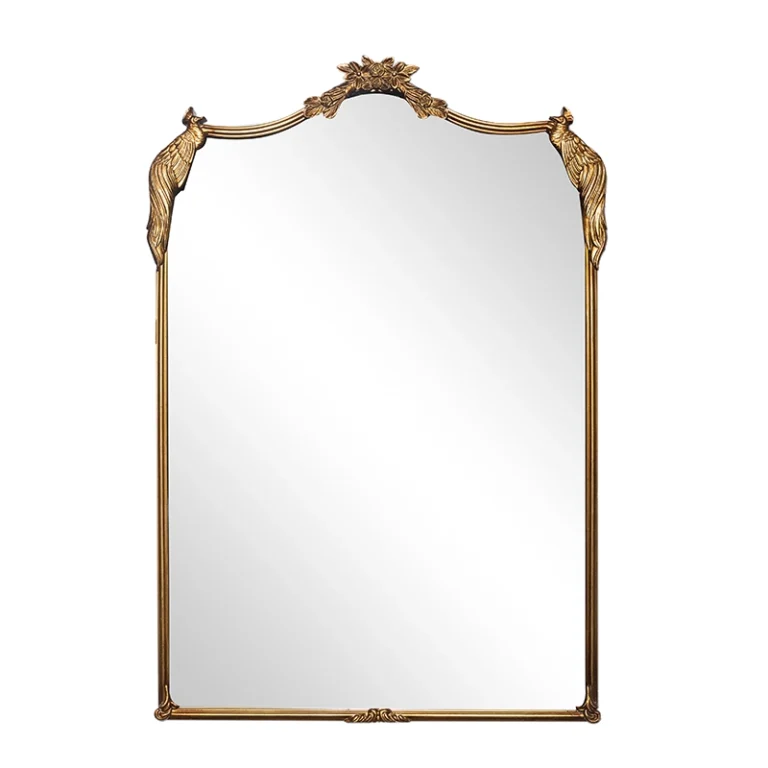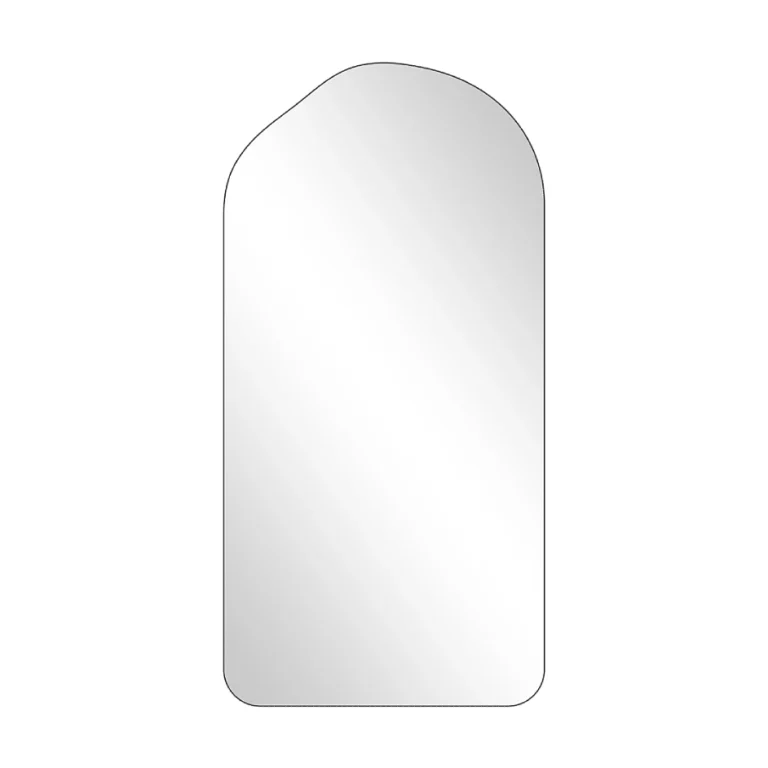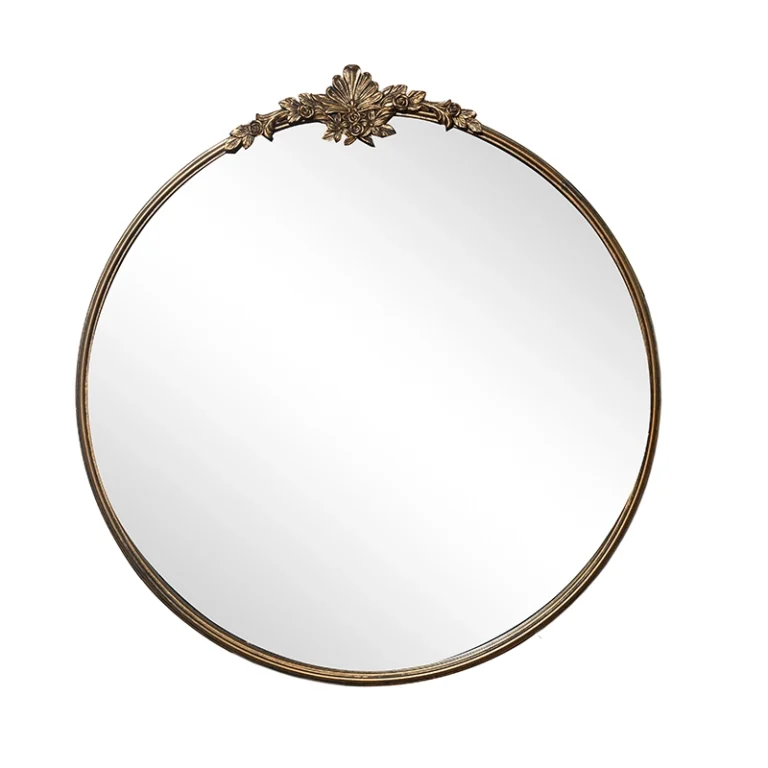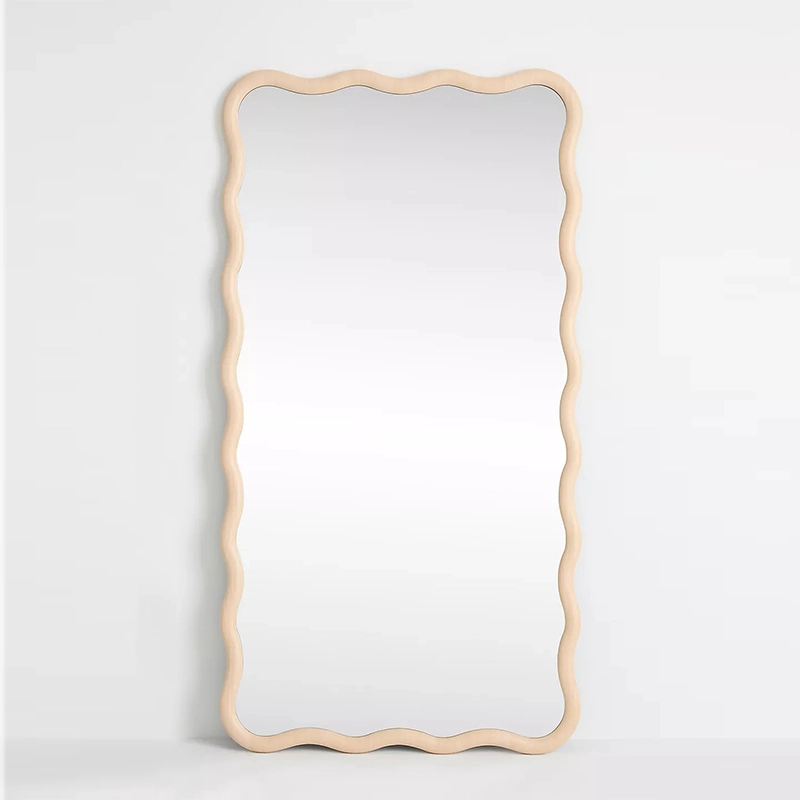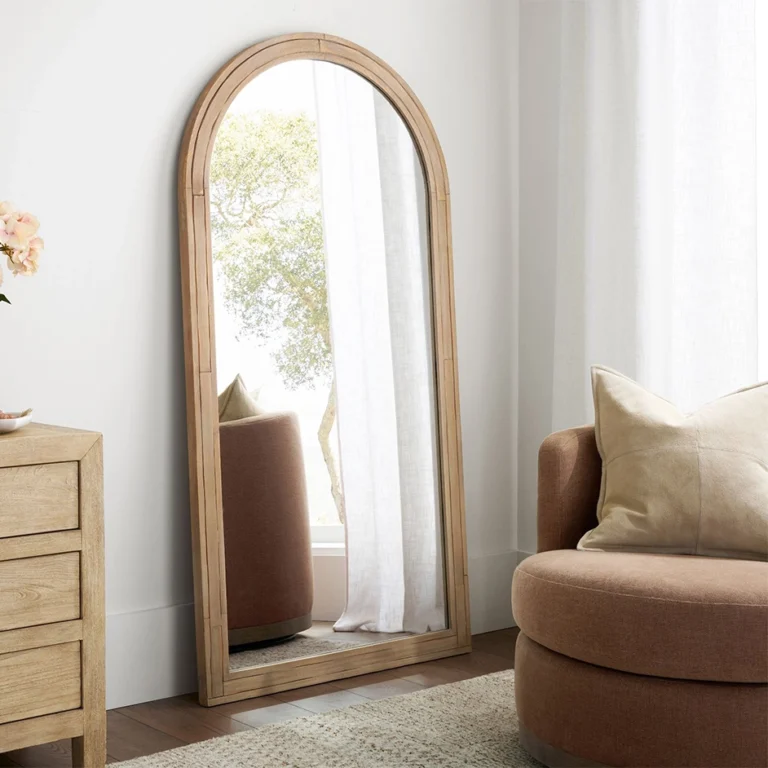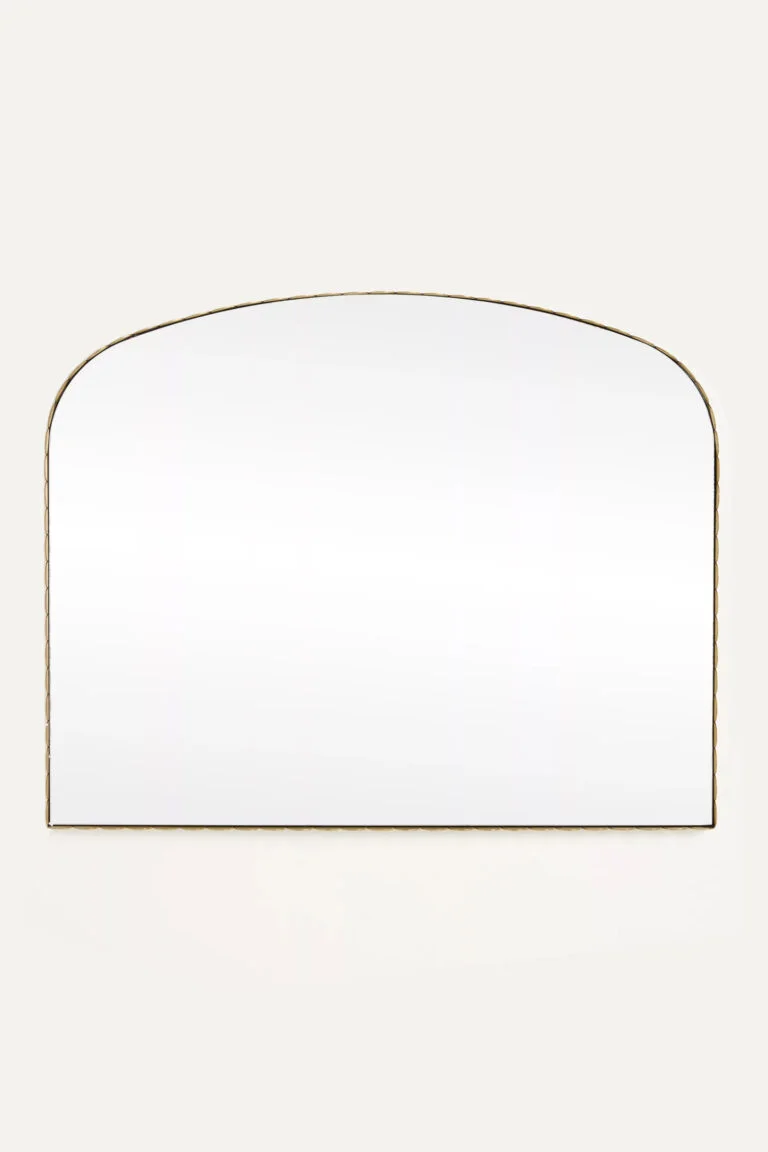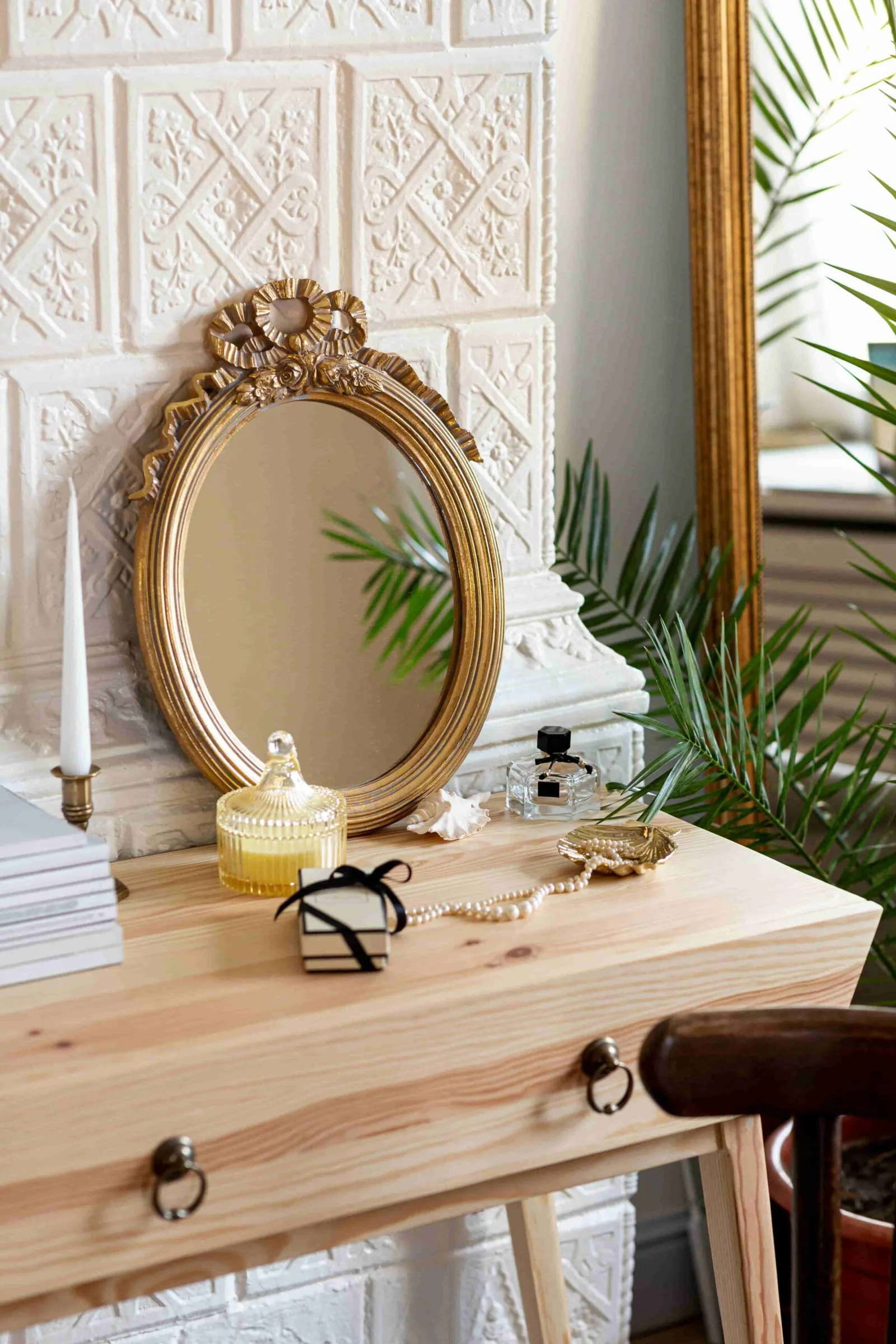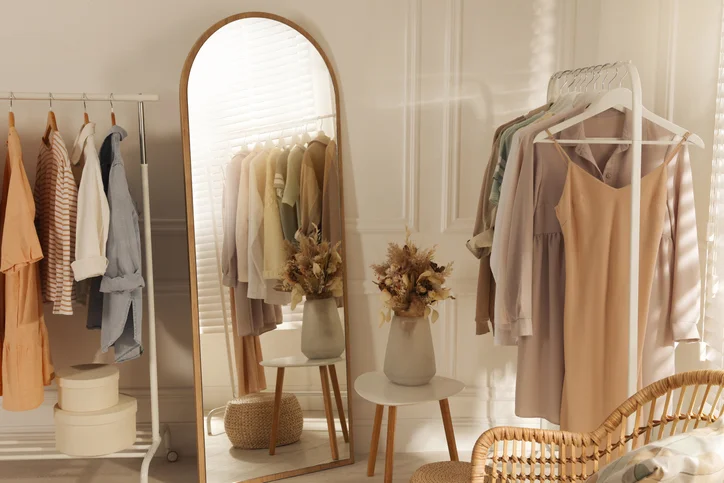Cape Cod style mirror
Of course! The Cape Cod style mirror is a classic and enduring piece of American furniture, known for its simplicity, charm, and craftsmanship.
Here’s a comprehensive breakdown of everything you need to know about it, from its history to how to identify one.
What is a Cape Cod Style Mirror?
A Cape Cod mirror is a specific type of wall mirror that originated in the 18th and early 19th centuries in New England, particularly on Cape Cod, Massachusetts. It is not a single design but a category characterized by a distinct, handcrafted aesthetic that reflects the utilitarian and modest lifestyle of the era.
It’s also widely known as a “Cape Cod Witch Mirror” or simply a “Witch Mirror.” The name comes from local folklore that claimed the convex glass and reverse-painted designs could trap evil spirits or witches trying to enter a home, protecting the inhabitants.
Key Characteristics & Identifying Features
You can identify an authentic or reproduction Cape Cod mirror by these hallmark features:
-
Convex Glass (The most important feature): The glass is not flat; it is bubbled and bulges outward. This was originally a flaw of early glassmaking techniques but became a cherished characteristic. It creates a wide, distorted, and captivating reflection.
-
Reverse Painting on Glass: The decorative elements are painted on the back of the glass. This technique requires the artist to work backwards, painting details first and backgrounds last. Common motifs include:
-
Florals: Swags, urns, bouquets, and single flowers (like tulips or roses).
-
Birds: Eagles, doves, or other native birds were very popular.
-
National Symbols: The American eagle, often clutching arrows and an olive branch, is a classic motif.
-
Geometric Patterns: Simple lines, dots, and starbursts were also common.
-
-
Simple, Wooden Frames: The frames are almost always made of wood, typically pine or another local softwood. They are:
-
Unassuming: Not overly carved or ornate like later Victorian frames.
-
Shaped: Often featuring a simple tabernacle or scalloped top.
-
Finished: Usually painted (black, red, or mustard yellow were common) or sometimes lightly stained.
-
-
Size: They are generally small to medium-sized, typically ranging from 15 to 24 inches in height. They were designed to be functional pieces in modest homes, not grand statement mirrors for ballrooms.
History and Origins
-
Period: Late 18th to mid-19th century (c. 1780-1840).
-
Location: Primarily made in coastal New England, especially Cape Cod, Massachusetts, and Nantucket.
-
Context: These mirrors were a product of American folk art and craftsmanship. itinerant artists would travel from town to town, painting portraits, decorating furniture, and creating these mirrors for middle-class families. They were a more affordable alternative to the expensive gilded mirrors imported from Europe.
-
The “Witch” Legend: The folk name “Witch Mirror” stems from the superstitious belief that a convex glass could capture a spirit’s reflection, trapping it and preventing it from entering the home. The painted symbols, especially the eagle, were also thought to offer protection.
Cape Cod Mirror vs. Federal/Girandole Mirror
It’s easy to confuse these styles, but there are key differences:
| Feature | Cape Cod / Witch Mirror | Federal Girandole Mirror |
|---|---|---|
| Glass | Convex (bulged) | Almost always flat |
| Style | Folk Art, rustic, simple | Neoclassical, formal, elegant |
| Frame | Simple painted wood | Gilded (gold leaf) composition, often ornate |
| Motifs | Folk art eagles, simple flowers | Carved acanthus leaves, arrows, columns, neoclassical urns |
| Origin | Rural New England folk artists | Urban professional craftsmen |
Modern Reproductions and Styling Tips
Authentic antique Cape Cod mirrors are highly collectible and can be very expensive. However, beautiful reproductions are widely available and perfect for achieving the look.
How to Use a Cape Cod Mirror in Your Home:
-
Cottage/Cape Cod Style: It’s a natural fit! Hang it in an entryway, above a fireplace, or in a bathroom.
-
Farmhouse Style: Its rustic, handcrafted feel complements modern farmhouse decor perfectly.
-
As a Focal Point: Its unique shape and painted details make it a fantastic piece of folk art. Let it shine on a wall with a neutral color palette.
-
Mix with Modern: The contrast of an antique-style convex mirror against a very modern backdrop (like a sleek console table) creates a dynamic and sophisticated look. This is a very popular trend in interior design.
Where to Find Them:
-
Antique Stores & Auctions: For authentic pieces (be prepared for high prices).
-
High-Quality Reproduction Retailers: Companies like Ballard Designs, Pottery Barn, Vermont Country Store, and numerous artisans on Etsy offer excellent reproductions.
-
Vintage Markets: Often you can find 20th-century versions from the Colonial Revival period.
In summary, the Cape Cod mirror is more than just a reflective surface; it’s a piece of American history, folk art, and timeless design that adds charm, character, and a touch of folklore to any space.
Generally speaking, our order requirements are as follows: the minimum order quantity (MOQ) for large items is 50 pieces, for regular items it is 100 pieces, for small items it is 500 pieces, and for very small items (such as ceramic decorations) the MOQ is 1,000 pieces. Orders exceeding $100,000 will receive a 5% discount. The delivery timeline is determined based on the specific order quantity and production schedule. Typically, we are able to complete delivery within two months.
